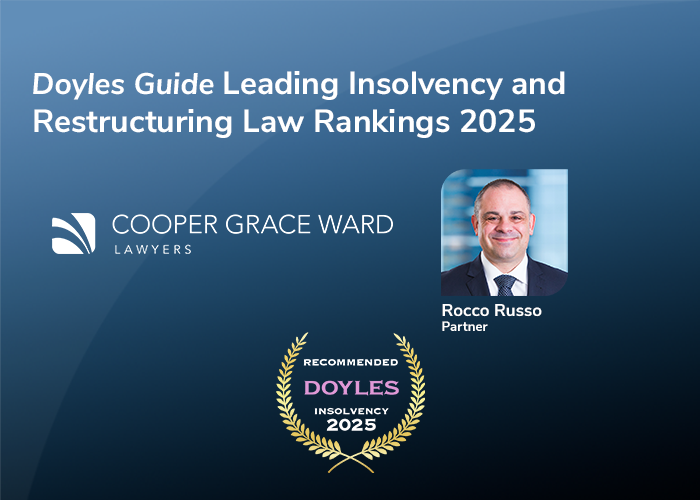In this edition of ‘It depends’, partner Fletch Heinemann talks about employers’ obligations to contribute compulsory superannuation and, in particular, the concept of ordinary time earnings.
VIDEO TRANSCRIPT
Welcome to today’s edition of It Depends. Today we’re talking about employers’ obligations to contribute compulsory superannuation and, in particular, the concept of ordinary time earnings.
What is the relevance of ordinary time earnings?
The super guarantee legislation deals with two concepts, salary and wages, and then ordinary time earnings. So, the super guarantee charge is paid to the ATO and it’s assessed based on salary or wages. But if an employer makes contributions equal to currently 10% of an employee’s ordinary time earnings, then there’s no obligation to pay the super guarantee charge. So, that’s why we’ve got the importance of figuring out the concept of ordinary time earnings so, that employers can then make sure that their contributions for their employee’s superannuation, at least equal to 10% of that amount.
What are ordinary time earnings?
The starting position for ordinary time earnings is that it’s earnings in respect of ordinary hours of work. There’s also an exclusion for lump-sum payments that relate to unused sick leave, long service leave, and annual leave when an employee’s employment is terminated.
What are ordinary hours?
Well, it depends. So, the ATO’s view is that ordinary hours are determined based on the agreement or award and what’s specified in that agreement or award as ordinary hours. So, typically, the agreement or award will set some hours as ordinary hours and that will indicate a distinction between those hours and other hours, which are typically in the nature of overtime. Where there’s no agreement or award, then the ATO position is that ordinary hours are those hours that are regularly, normally, usually, or customarily worked. But the issue here is that if we can’t determine what those hours are, then it will just be the actual hours worked that become ordinary hours.
What about bonuses?
Most times, bonuses will be ordinary time earnings. The only time that a bonus won’t form part of ordinary time earnings is when it’s clear that it’s in relation to overtime.
What about annual leave loading?
It depends, if annual leave loading is directly referable to a lost opportunity to work overtime, then the annual leave loading won’t form part of ordinary time earnings. However, if it’s going to be referable, to a lost opportunity to work overtime, we’d really need to see that the employees were generally working overtime, and then that the payment of the annual leave loading amount is to reflect their ability to earn that overtime while they’re on holidays.
What are the consequences of getting it wrong?
The consequences of miscalculating ordinary time earnings can be quite severe because what that will mean is that the employer then has an obligation to pay the super guarantee charge, plus nominal interest, plus an administration component, and plus a penalty and in practice, the issue that we often see is that if there is a mistake in calculating ordinary time earnings, it’s often across a whole workforce and not a particular employee.
So, the financial consequences in some cases that we’ve looked at have been quite severe. If you do have any questions, we’d be more than happy to help.




